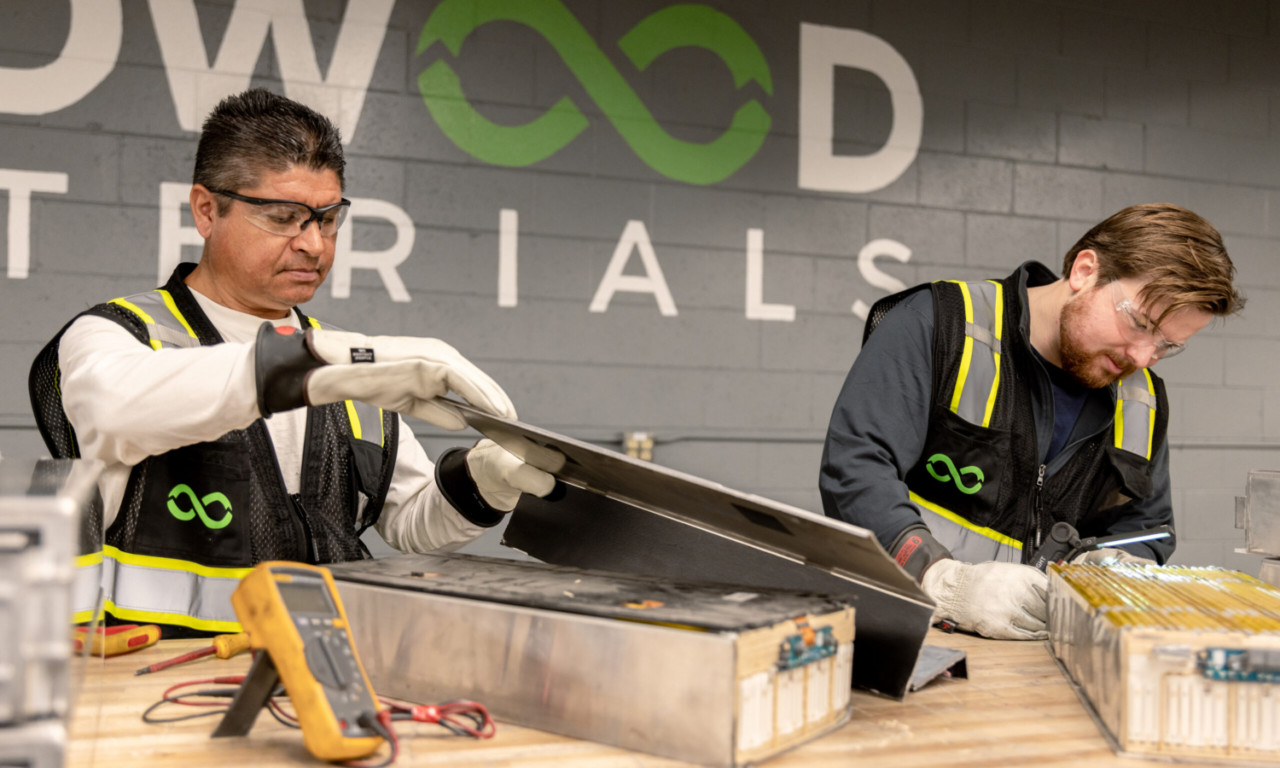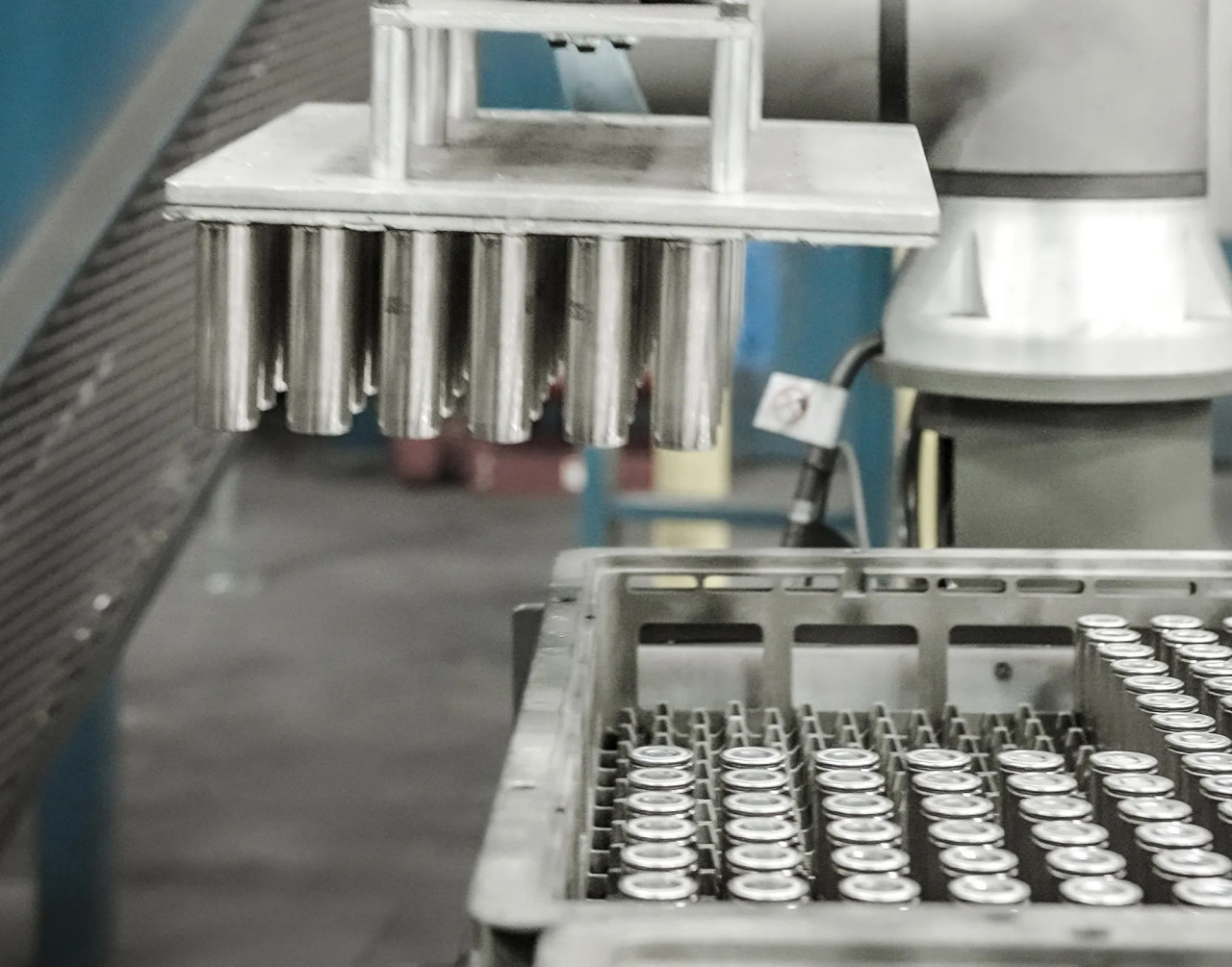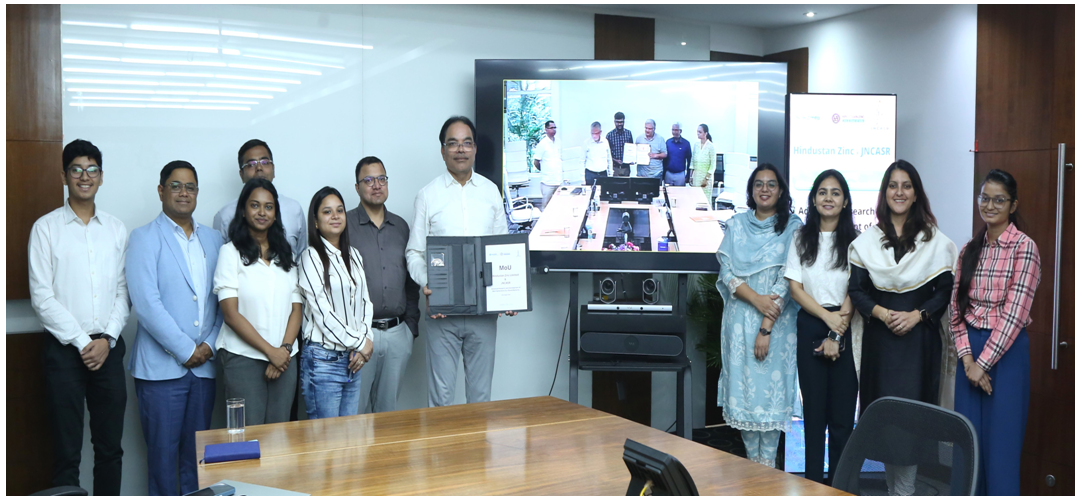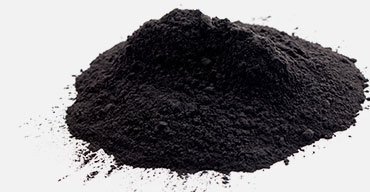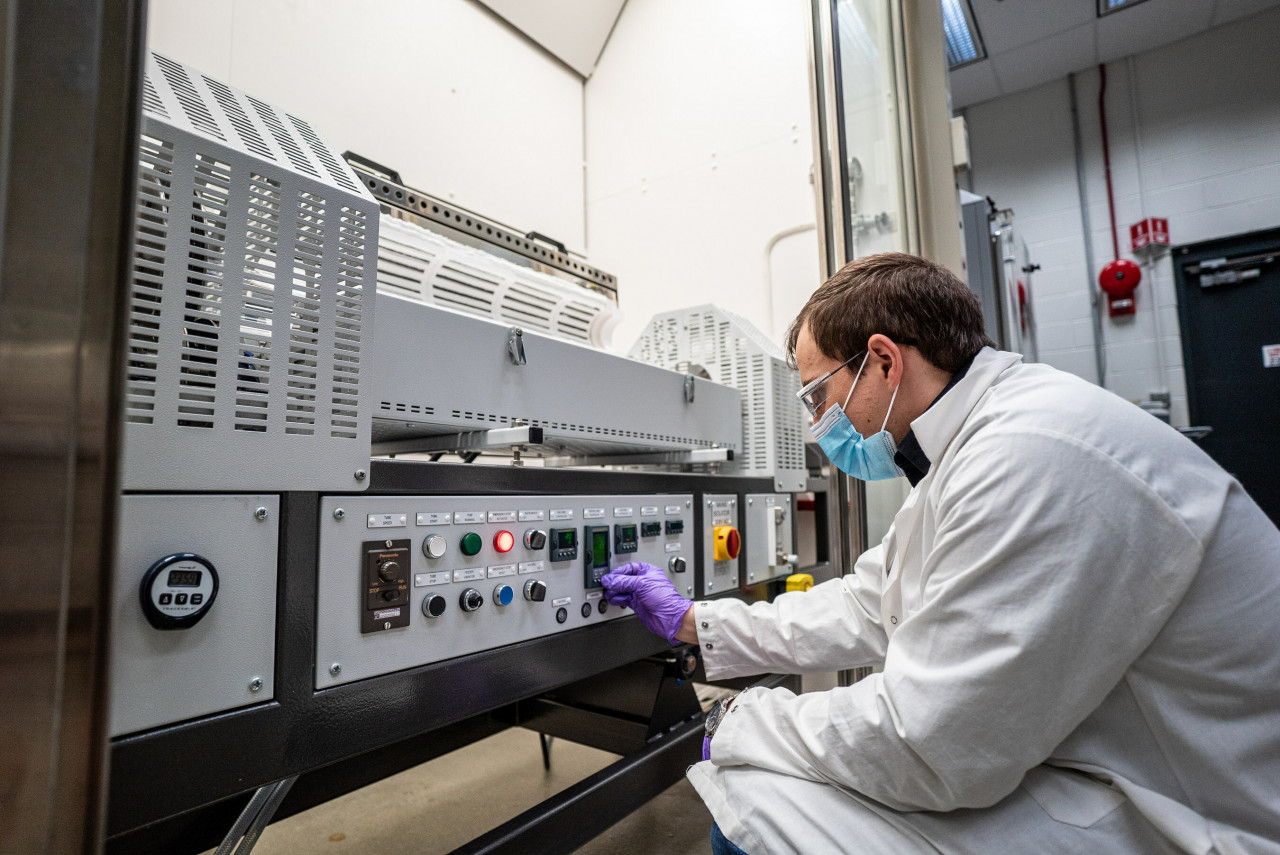Redwood Materials partners with Ultium Cells to recycle battery production scrap
Battery materials recycling company Redwood Materials has recently announced its partnership with Ultium Cells, the EV battery cell JV between General Motors and LG Energy Solution, to recycle production scrap from the latter's Warren, Ohio and Spring Hill, Tennessee facilities.
The materials to be recycled under the partnership include cathode and anode material as well as cell scrap. The recycling, refining, and remanufacturing these feedstocks into critical battery materials supply chain of North America is of tremendous importance, the company claims.
Ultium Cells' two facilities are each 2.8 million-square-feet operations expected to produce more than 80 GWh combined of battery cells annually, with Redwood receiving the majority of the scrap from its manufacturing process.
Despite tremendously efficient production rates, cell manufacturing still experiences a 5-10 percent scrap rate on average. This equates to daily truckloads full of material, and about 10,000 tons of material annually, for Redwood to recycle and remanufacture into critical battery components for cell manufacturing, the company added.
"Our hydrometallurgy facility, the first commercial-scale nickel 'mine' to open in the US in a decade, not only recycles battery manufacturing scrap into raw nickel and cobalt but also stands as the only commercial-scale source of lithium supply to come online in the U.S. in decades", Redwood noted, in its press statement.
At its Northern Nevada campus, the company claims to have redefined sustainability in battery material production. Compared to traditional methods of processing mined ore into battery-grade materials, the company claims to use 80 percent less energy, generate 70 percent less CO2 emissions, and uses 80 percent less water in its recycling processes.
According to Stanford, the company's process achieves at least 40 percent fewer emissions than other recyclers. Redwood can also process over 40,000 metric tons (about 15-20 GWh) annually, with the capacity expanding by the day.
It is to be noted that both Ultium Cells and Redwood were both selected by the Department of Energy's (DoE) Loan Programs Office (LPO) to jumpstart critical battery materials and cell production domestically, as part of the Advanced Technology Vehicles Manufacturing Loan Program.
